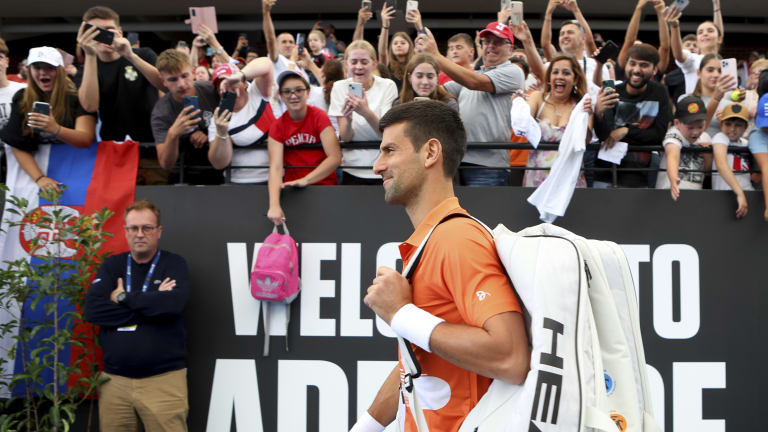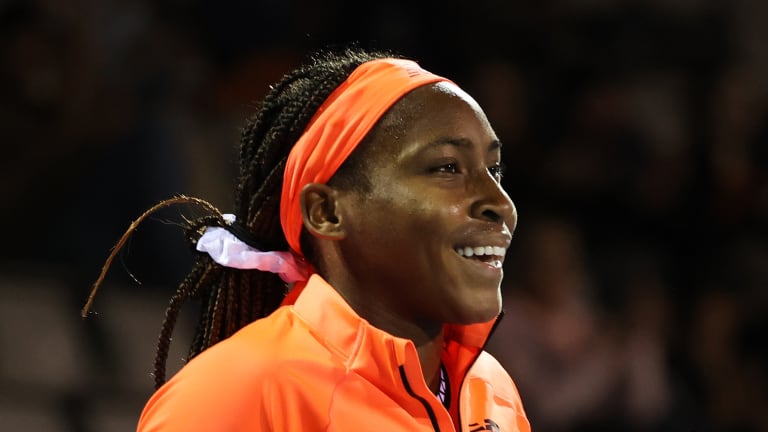Australian Open
Djokovic's advantage, Gauff's growth: Lindsay Davenport shares what to look for in Melbourne
By Jan 10, 2023Australian Open
Australia at Last: Reflections on a first trip to the AO
By Jan 29, 2025Australian Open
Alexander Zverev must elevate his game when it most counts—and keep it there
By Jan 27, 2025Australian Open
Jannik Sinner draws Novak Djokovic comparisons from Alexander Zverev after Australian Open final
By Jan 26, 2025Australian Open
Alexander Zverev left to say "I'm just not good enough" as Jannik Sinner retains Australian Open title
By Jan 26, 2025Australian Open
Jannik Sinner is now 3-0 in Grand Slam finals after winning second Australian Open title
By Jan 26, 2025Australian Open
Taylor Townsend and Katerina Siniakova win second women's doubles major together at the Australian Open
By Jan 26, 2025Australian Open
Madison Keys wins her first Grand Slam title at Australian Open by caring a little bit less
By Jan 25, 2025Australian Open
Henry Patten, Harri Heliovaara shrug off contentious first set to win Australian Open doubles title
By Jan 25, 2025Australian Open
Aryna Sabalenka takes a rare loss in Australian Open slugfest
By Jan 25, 2025Djokovic's advantage, Gauff's growth: Lindsay Davenport shares what to look for in Melbourne
The Hall of Famer digs into Australian Open hopefuls of note along with areas the sport should consider evolving inside and outside the lines.
Published Jan 10, 2023
Advertising

Djokovic once again proved how tough it is to beat him Down Under with his Adelaide triumph from championship point down.
© Copyright 2023 The Associated Press. All rights reserved
Advertising
Advertising

Gauff has nothing to defend in Melbourne after bowing out to Wang Qiang in the first round last year.
© Getty Images